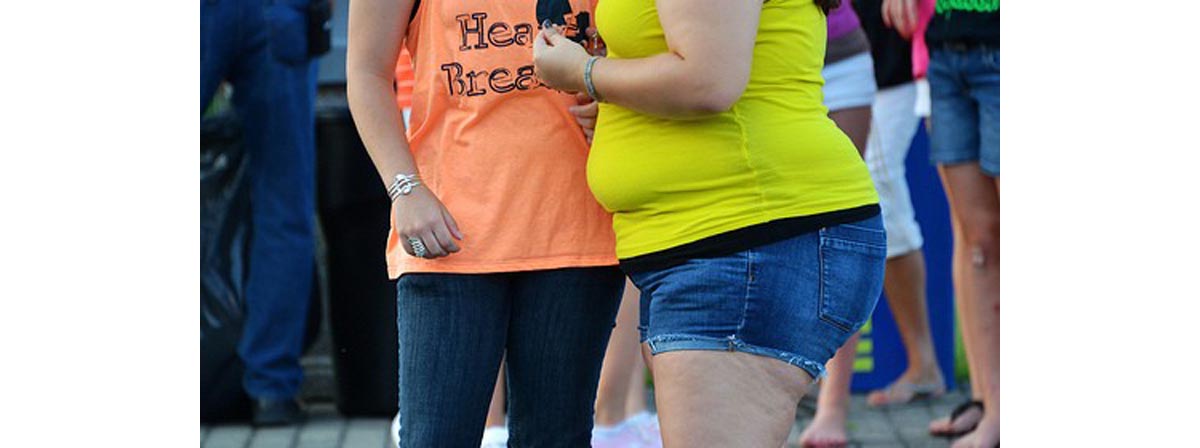Table of Contents
A team of researchers recruited 1,475 women in Pittsburgh, Pennsylvania, and Memphis, Tennessee in the United States for a study of general health and fitness and successful bladder control. The researchers measured body mass index (a measurement of weight adjusted for height), grip strength, quadriceps (thigh muscle) strength, walking speed, fat mass, and lean body mass at the beginning of the study and over the next three years. All of the women were between 70 and 80 years old.
Some of the women already had issues with urinary incontinence when they were recruited for the study. At the beginning of the study, 212 (14 percent) reported at least one episode of stress incontinence, the kind of incontinence that occurs when walking up steps or laughing or having sex, and so on, at least once a month. Also, 233 of the women (16 percent) reported at least one episode of urge incontinence per month. This is the kind of incontinence that occurs when you just can't get to the bathroom fast enough.

The researchers found tell-tale signs that incontinence would get worse in these women over the age of 70. Women who lost 5 percent or more of their grip strength were 60 percent more likely than average to develop incontinence or to have more frequent episodes of incontinence. On the other hand:
- Women who lost 5 percent or more of their BMI were 53 percent less likely to have episodes of stress incontinence.
- Women who lost 5 percent of more of their fat mass were 47 percent less likely to have episodes of stress incontinence.
- Women who gained 5 percent or more muscle mass were 83 percent less likely to have episodes of stress incontinence.
In other words, losing weight helps control those embarrassing runs to the bathroom. Gaining muscle almost eliminates them.
Losing fat and gaining muscle did not turn out to be a magical cure for every kind of incontinence. The benefits of exercise and weight control were limited to stress incontinence, the leakage of urine that occurs when working out on an abs machine, or using the Stairmaster, or walking up or down stairs, or making love, or laughing, crying, shouting, or similar activities. Working out or losing weight weren't helpful for overactive bladder, or for overflow problems, or for chronic conditions that predispose someone to loss of bladder control. That doesn't mean that there is nothing to be done:
- Avoid drinking alcohol to excess. Your brain sends messages to the muscles lining the wall of your bladder sphincter to hold urine in. Alcohol interferes with those messages.
- Avoid artificially sweetened soft drinks and sugar-free desserts. They can "excite" the bladder so that it dumps urine at awkward times.
- Don't smoke, and don't let up your guard against bladder episodes when you are using nicotine chewing gums or nicotine pads. Nicotine stimulates bladder activity.
- Avoid dehydration, but don't drink so much water that you slosh. Your body only needs about 1200 ml (five cups) of water every day.
- Consider acupuncture. It doesn't always help, but sometimes it works wonders.
Men who have bladder control issues won't be hurt by losing fat mass or gaining muscle mass, but there isn't as much clear-cut evidence that weight control makes a critical difference in managing the problem for them. Men will benefit from following the simple guidelines above, and nearly always improve after treating obesity.
- Suskind AM, Cawthon PM, Nakagawa S, Subak LL, Reinders I, Satterfield S, Cummings S, Cauley JA, Harris T, Huang AJ
- Health ABC Study. Urinary Incontinence in Older Women: The Role of Body Composition and Muscle Strength: From the Health, Aging, and Body Composition Study.J Am Geriatr Soc. 2016 Dec 5. doi: 10.1111/jgs.14545. [Epub ahead of print] PMID: 27918084.
- Photo courtesy of pahudson: www.flickr.com/photos/pahudson/6872786713/
- Photo courtesy of Tobyotter https://www.flickr.com/photos/78428166@N00/14268677612/
- Photo courtesy of pahudson: www.flickr.com/photos/pahudson/6872786713/


Your thoughts on this